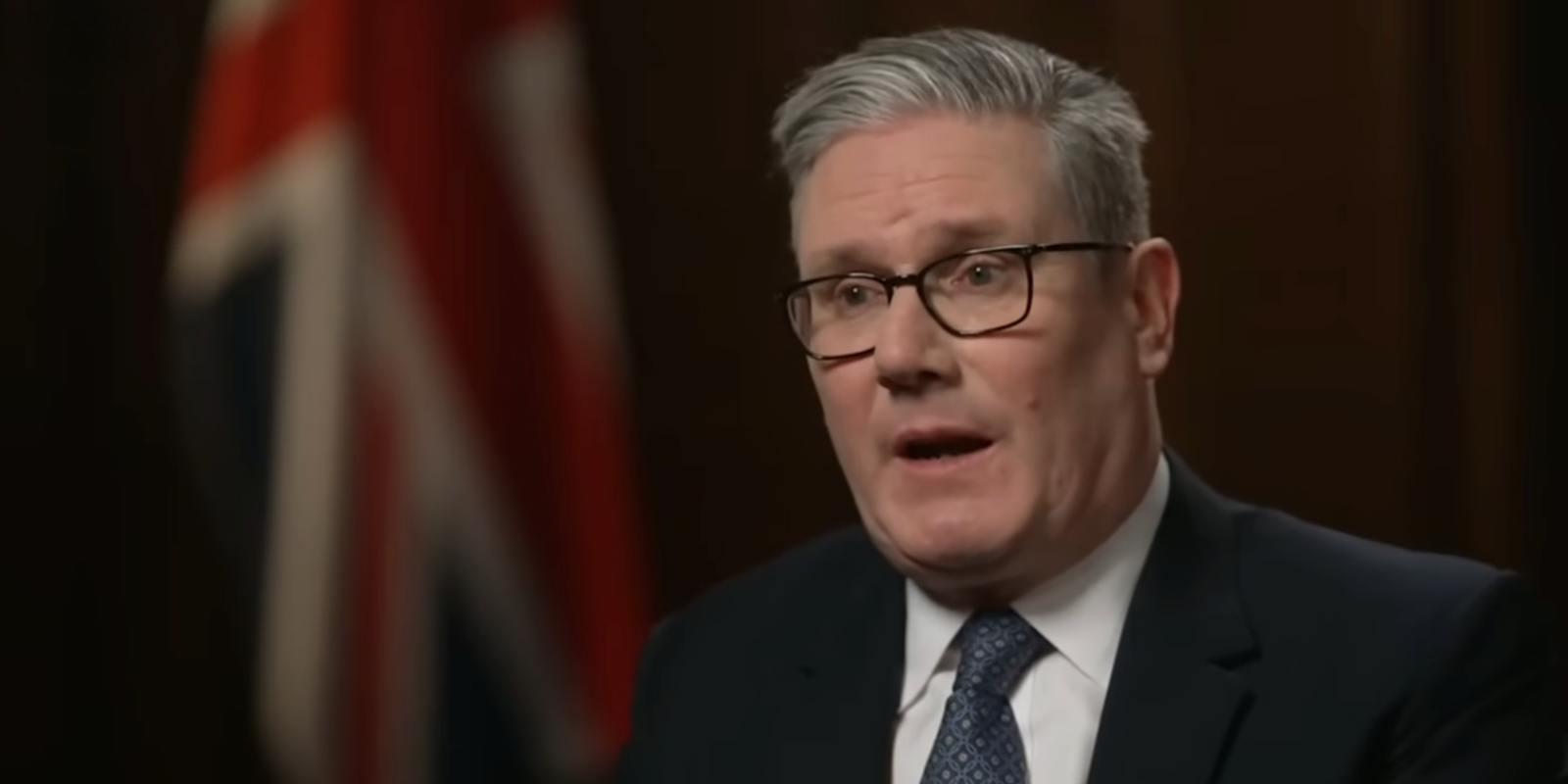This article is reprinted with permission from FrontPage Magazine.
Coercion and Death Threats
Although the novel turned movie, The Godfather, is fictitious, it also captures much of the mafia’s modus operandi. Consider, for example, that most famous of lines—“I’m going to make him an offer he can’t refuse”—spoken by the Godfather to one of his “godsons,” an aspiring actor and singer, who, after being turned down by a studio director for a role that he desperately wanted, turns to his Godfather for aid.
As the movie progresses, we discover that the offer that the director can’t refuse is nothing less than violence and the threat of death: after the Godfather’s messenger to the director asking that the actor be given the role is again rejected, the studio head awakes to find the bloodied and decapitated head of his favorite stallion in bed with him. The godson subsequently gets the movie role.
Throughout the context of the entire Godfather trilogy—and indeed, in the context of the mafia—making someone “an offer they can’t refuse”—comes to mean “do as I say or suffer the consequences,” possibly death.
Compare this to Islam’s threefold choice. On Muhammad’s orders, whenever Islamic jihadis conquer a territory, they are to give the non-Muslim inhabitants three choices: 1) convert to Islam, 2) maintain your own religion (an option technically only available to Christians and Jews) but pay tribute and live as a subdued third-class citizen, a “dhimmi,” or 3) die.
Not only do the primary historical texts written by authoritative Muslims record this aspect of Islam, but to this very day, Islam’s threefold choice is making headlines, most recently at the hands of the Islamic State.
The ‘Protection Racket’
Once the mafia gains a “territory,” one of the primary ways it profits is by collecting “protection money” from the inhabitants. While the protection racket has several faces, one in particular is akin to an Islamic institution: the idea of coercing people in the mafia’s territory to pay money for “protection,” ostensibly from outside forces, when in fact the protection bought is from the mafia itself—that is, extortion money, or pizzo. Potential “clients” who refuse the mafia’s “protection” often have their property vandalized and are routinely threatened and harassed.
Compare pizzo with the Islamic concept of jizya: The word jizya appears in Koran 9:29: “Fight those among the People of the Book [Christians and Jews] who do not believe in Allah nor the Last Day, nor forbid what Allah and his Messenger have forbidden, nor embrace the religion of truth, until they pay the jizya with willing submission and feel themselves subdued (emphasis added).”
In the hadith, the Messenger of Allah, Muhammad—in our analogy, the “underboss”—regularly calls on Muslims to demand jizya of non-Muslims: “If they refuse to accept Islam,” said the Islamic prophet, “demand from them the jizya. If they agree to pay, accept it from them and hold off your hands. If they refuse to pay jizya, seek Allah’s help and fight them.”
The root meaning of the Arabic word “jizya” is simply to “repay” or “recompense,” basically to “compensate” for something. According to the Hans Wehr Dictionary, the standard Arabic-English dictionary, jizya is something that “takes the place” of something else, or “serves instead.”
Simply put, conquered non-Muslims were to purchase their lives, which were otherwise forfeit to their Muslim conquerors, with money. Instead of taking their lives, they took their money. As one medieval jurist succinctly puts it, “their lives and their possessions are only protected by reason of payment of jizya” (Crucified Again, p. 22).
Interestingly, just as the mafia rationalizes its collection of “protection money” by portraying it as money paid to buy mafia protection against “outsiders”—when, as mentioned, the money/tribute serves only to protect the client from the mafia itself—so too do Islam’s apologists portray the collection of jizya as money meant to buy Muslim protection from outsiders, when in fact the money/jizya buys protection from Muslims themselves.
Conclusion: Mafia—What’s In a Word?
What accounts for all these similarities between Islam and the mafia? It is further telling that the word mafia itself,which means “hostility to the law, boldness,” is believed to be derived from the Arabic slang word, mahya, which in translation means “bragging, boasting, bravado, and swaggering.”
This etymology is a reminder that Sicily, birthplace of the mafia, was under Arab/Islamic domination for over 200 years. Aside from a borrowed etymology, could much of the mafia’s modus operandi also have been borrowed from Islam? Could native Sicilians, over the centuries, have co-opted the techniques of social controls that they had lived under and learned from their former overlords—albeit free from its Islamic trappings?
Either way, when HBO personality Bill Maher recently proclaimed that Islam is “the only religion that acts like the mafia, that will f***ing kill you if you say the wrong thing, draw the wrong picture, or write the wrong book”—he was barely touching the tip of the iceberg of similarities between Islam and the mafia.





